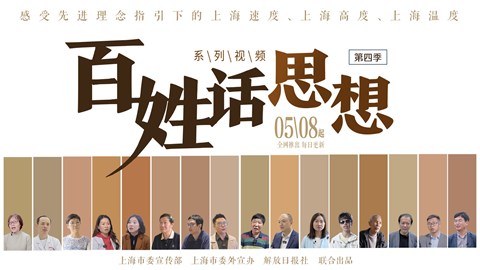Shanghai medical insurance covers artificial cochlea implants
An 11-year-old girl and a 64-year-old man received artificial cochlea implant surgery at Shanghai 9th People's Hospital, on Thursday. It marked the first batch of patients who benefited from the new measures that include artificial cochlea into the city's government-run medical insurance scheme, which began this month.

Dr Wu Hao (left), president of Shanghai 9th People's Hospital, performs artificial cochlea implant surgery on two patients. They are among the first to benefit from the new policy which includes artificial cochlea into the government-run medical insurance scheme.
The girl had poor response to sound in both ears from the age of five, and was diagnosed with sensorineural deafness. It meant that the tiny hair cells in the inner ear or the auditory nerve were damaged.
She then started to use hearing aids in both ears and was enrolled in a primary school. Her parents noticed that her hearing loss increased and articulation dropped over the past year.
Doctors found that the girl's hearing loss was severe and required immediate intervention in order to prevent damage to her hearing and cognitive function, which would impact her future study, work and life.
The elderly man began suffering hearing loss over a decade ago and was diagnosed with presbycusis, age-related hearing loss. His condition deteriorated two years ago. Apart from hearing loss, his tinnitus rapidly increased. Even hearing aids proved ineffective.
After learning that artificial cochlea was included in the medical insurance, he immediately applied for the surgery.
Experts say that the inner ear is the most common and key area related to hearing loss. Early implants of artificial cochlea are an important measure when rebuilding hearing.
"Artificial cochlea can help deaf people regain hearing and proper communication, after language training," said Dr Wu Hao, president of Shanghai 9th People's Hospital, and leader of the expert team for the National Health Commission's newborn children's hearing screening.
He said deafness is a common disability in China, and the main reason for its prevalence is people fail to receive timely screening and intervention from birth. His team has spent over 20 years establishing a newborn-baby hearing screening system, effectively improving the detection and treatment effects for children with congenital deafness, whose incidence is 1 to 3 per 1,000 in the nation.
There are 20,000 to 30,000 children born annually with hearing disorders in the nation, and about 10,000 to 20,000 new children need artificial cochlea each year. But the high cost prevents many families from attaining treatment.
Apart from children, people over 60-years-old also suffer from degenerative hearing. According to the World Health Organization, about one third of people over 65 suffer hearing loss globally. Presbycusis has become a serious public health problem in China, and the world.
"More and more research has found that hearing loss doesn't only impact hearing, but also socialization and comprehension among the elderly, causing further physical and psychological diseases. Hearing loss has become one of the largest risk factors in Alzheimer's disease," said Wu, who has been pushing the medical insurance's coverage on artificial cochlea in recent years.
Artificial cochlea was covered by the city's government-based medical insurance since October 1. The cost for artificial cochlea is about 200,000 yuan (US$27,397), 20 percent is paid by patients and 80 percent is covered by medical insurance.















